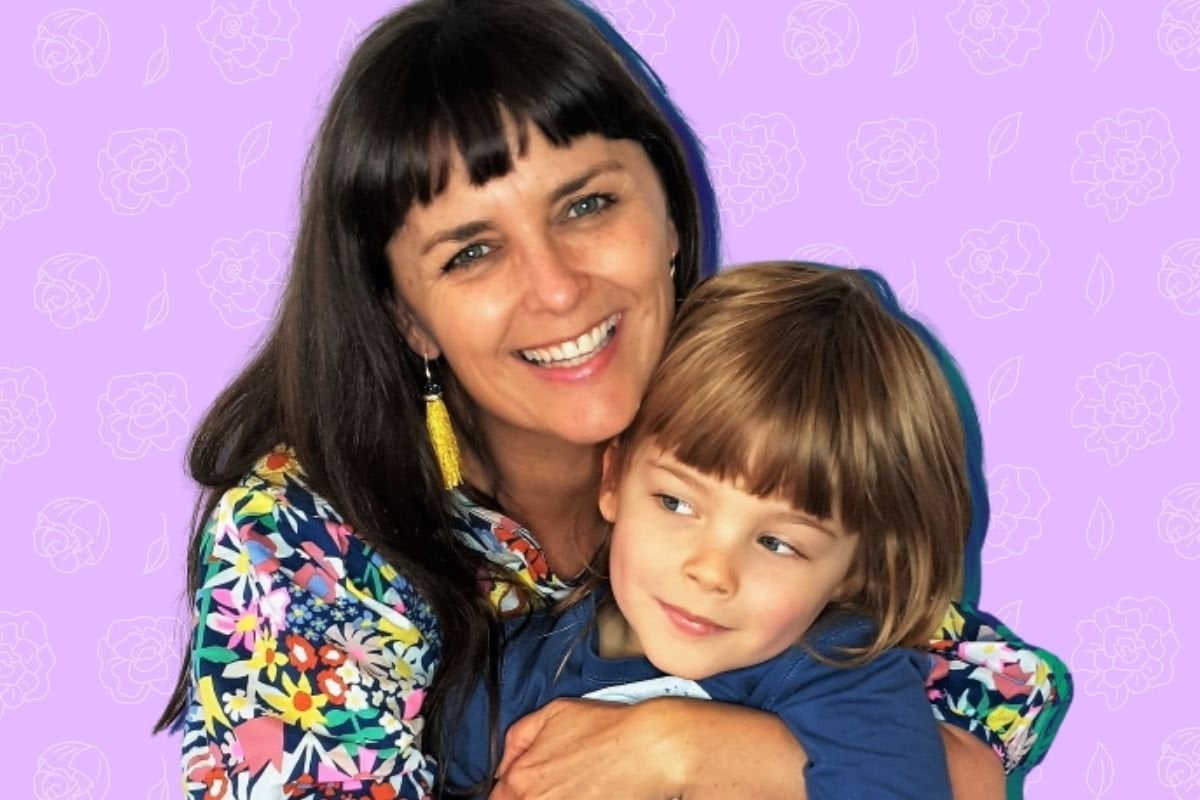
ADHD is not normally a condition that comes to mind when you think about 50-year-old women. But six months ago, I was diagnosed with ADHD. I've been receiving treatment ever since, and it's completely transformed my life.
As the sole parent of my six-year-old son Harry, who was conceived via IVF, I have a big mental load, so this has been a huge relief.
I first realised I had ADHD when I read an article about what it looks like in young girls after a friend mentioned she was having her daughter assessed.
In that moment every single dot of my life joined.
The problems with jobs, relationships, terrible anxiety and depression and my complete lack of being able to rely on my memory for appointments, dates and times, names and more all suddenly had an explanation.
Watch: Many mental health conditions also involve anxiety. Here are five lifestyle hacks to help. Post continues after video.
Initially, I experienced a huge amount of grief for the life I could have lived if it had been picked up when I was a child, but there was also a huge amount of relief. I suddenly found that pretty much everything became so much easier.

Top Comments